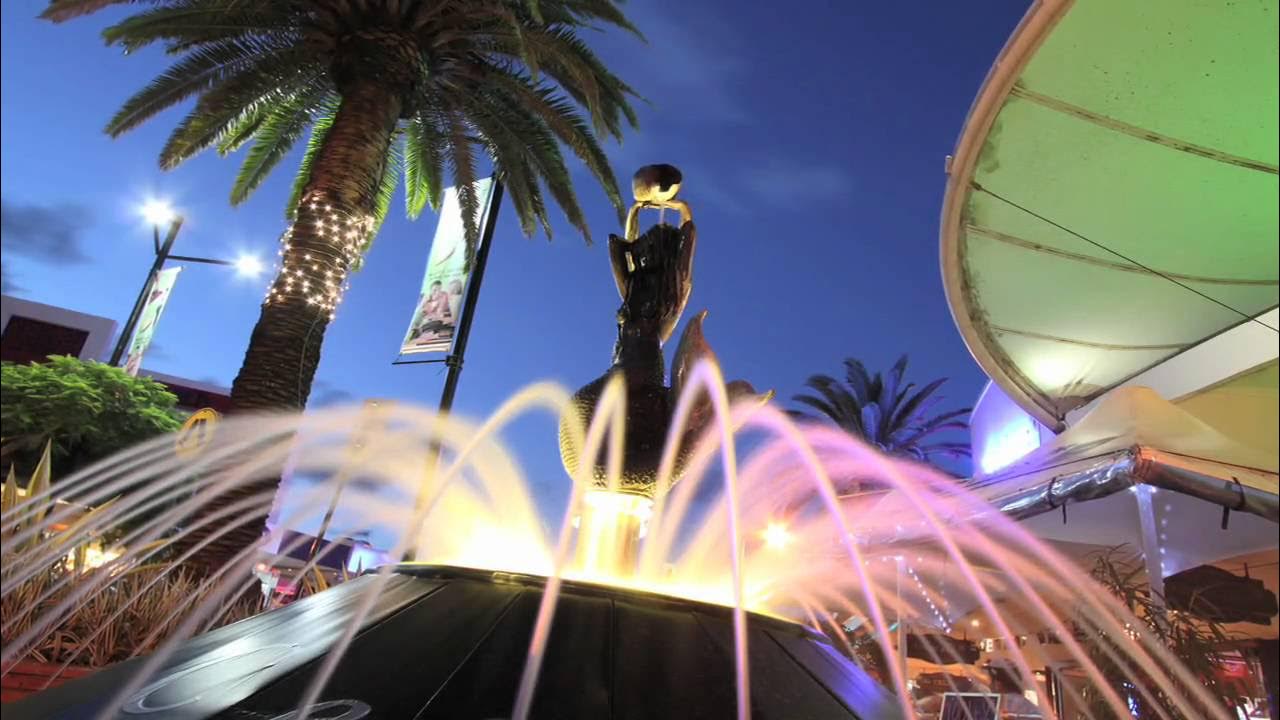What is Shutter Speed — Camera Shutter and the Exposure Triangle Explained [Ep. 3]
Summary
TLDRThis video explores the critical role of shutter speed in photography, highlighting its impact on exposure and motion capture. As part of the exposure triangle alongside aperture and ISO, shutter speed dictates how long light hits the sensor, affecting brightness and motion blur. The 180-degree shutter rule is emphasized for cinematic effects, balancing realism and style. The video showcases practical examples from films like 'The Usual Suspects' and 'Saving Private Ryan' to illustrate how varying shutter speeds can evoke different emotions and storytelling techniques. Mastering these concepts empowers filmmakers to enhance their visual narratives.
Takeaways
- 🌟 Shutter speed is a critical part of the exposure triangle, influencing light and motion in photography.
- 🕒 Shutter speed is measured in fractions of a second, determining how long the sensor is exposed to light.
- 💡 A slower shutter speed increases exposure and motion blur, while a faster shutter speed reduces both.
- 🎥 The 180-degree shutter rule suggests setting shutter speed to double the frame rate for a cinematic look.
- 🔄 Slow shutter speeds create more motion blur, which can enhance storytelling effects in film.
- 🎞️ Films like 'The Usual Suspects' use slow shutter speeds to create dramatic effects in specific scenes.
- ✨ Long exposure shots can last several minutes, allowing for creative techniques like light drawings.
- ⚡ Fast shutter speeds minimize motion blur, resulting in a hyper-realistic look often used in action scenes.
- 🔍 Cinematographers may intentionally break conventional rules to achieve unique visual storytelling.
- 📖 Download the free ebook 'Exposure - The Ultimate Guide' for a comprehensive understanding of exposure settings.
Q & A
What is shutter speed in photography?
-Shutter speed refers to the length of time the camera's shutter is open to allow light to reach the sensor or film, typically measured in fractions of a second.
How does shutter speed affect exposure?
-A slower shutter speed allows more light to enter, resulting in a brighter image, while a faster shutter speed reduces light exposure, resulting in a darker image.
What role does shutter speed play in motion capture?
-Shutter speed affects motion blur in images; faster shutter speeds reduce motion blur, creating clearer images, while slower speeds increase motion blur, resulting in a smoother appearance.
What is the 180-degree shutter rule?
-The 180-degree shutter rule states that the shutter speed should be double the frame rate for filming. For example, at 24 frames per second, the shutter speed should be set to 1/48th of a second.
Why is the 180-degree shutter rule important?
-This rule has been a standard in the film industry for decades, providing a familiar amount of motion blur that viewers expect from cinematic content.
How can slow shutter speeds enhance storytelling?
-Slow shutter speeds can create more motion blur, which can be used artistically to convey emotions or dramatic effects, as seen in scenes like those from *The Usual Suspects*.
What are some creative applications of long exposure?
-Long exposure techniques can capture light trails or create artistic effects, such as light drawings, where a light source is moved during a prolonged exposure.
How do fast shutter speeds affect video quality?
-Fast shutter speeds reduce motion blur, which can make the footage appear jittery or hyper-realistic, often used in action sequences to heighten intensity.
What techniques can cinematographers use to create unique visual effects?
-Cinematographers can manipulate shutter speed creatively, such as using fast shutter speeds for clarity or deliberately offsetting the timing of the shutter to create streaking effects.
What should viewers expect in the next episode of the exposure series?
-The next episode will apply the principles of the exposure triangle in real-world scenarios, focusing on how to adjust aperture, ISO, and shutter speed effectively.
Outlines

Этот раздел доступен только подписчикам платных тарифов. Пожалуйста, перейдите на платный тариф для доступа.
Перейти на платный тарифMindmap

Этот раздел доступен только подписчикам платных тарифов. Пожалуйста, перейдите на платный тариф для доступа.
Перейти на платный тарифKeywords

Этот раздел доступен только подписчикам платных тарифов. Пожалуйста, перейдите на платный тариф для доступа.
Перейти на платный тарифHighlights

Этот раздел доступен только подписчикам платных тарифов. Пожалуйста, перейдите на платный тариф для доступа.
Перейти на платный тарифTranscripts

Этот раздел доступен только подписчикам платных тарифов. Пожалуйста, перейдите на платный тариф для доступа.
Перейти на платный тарифПосмотреть больше похожих видео
5.0 / 5 (0 votes)






